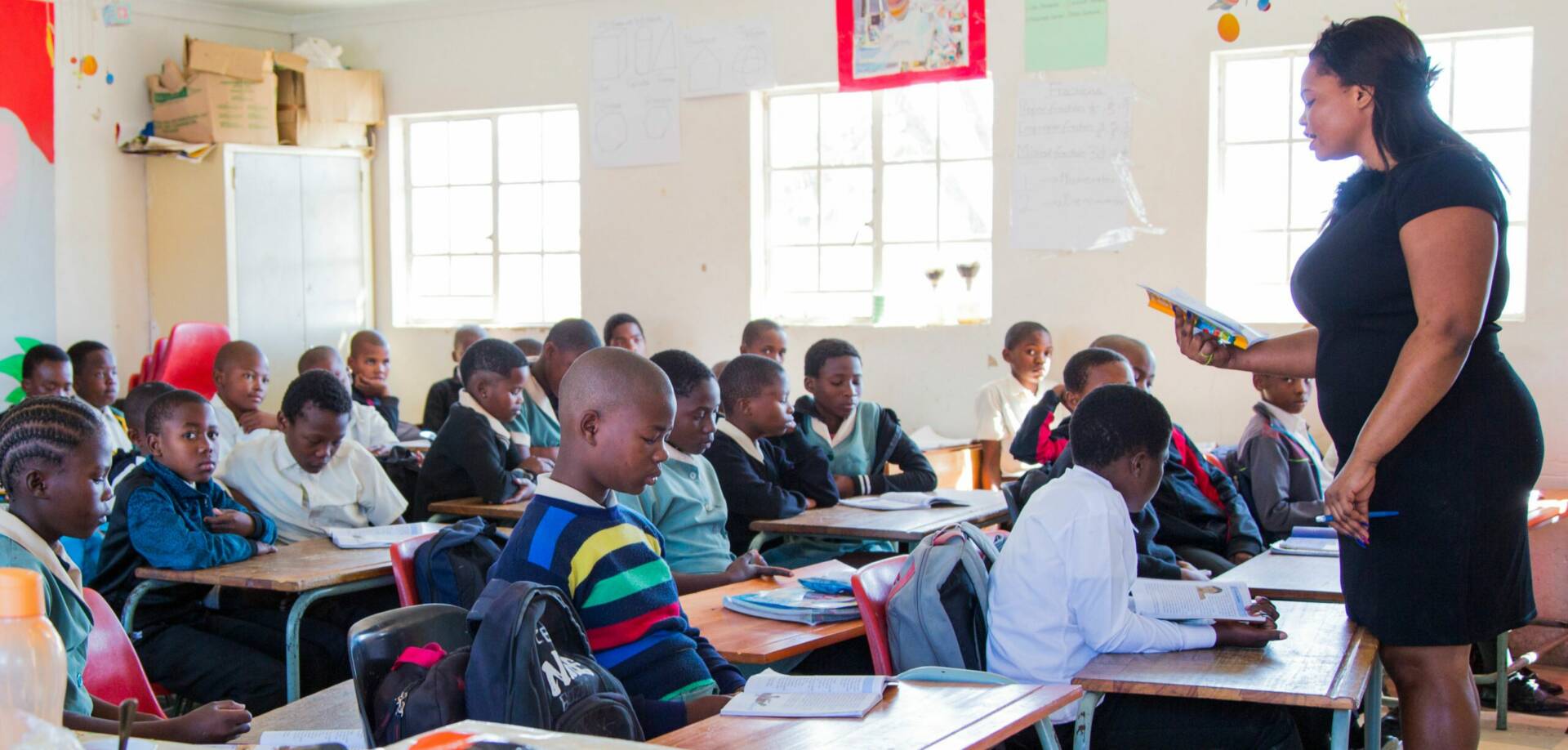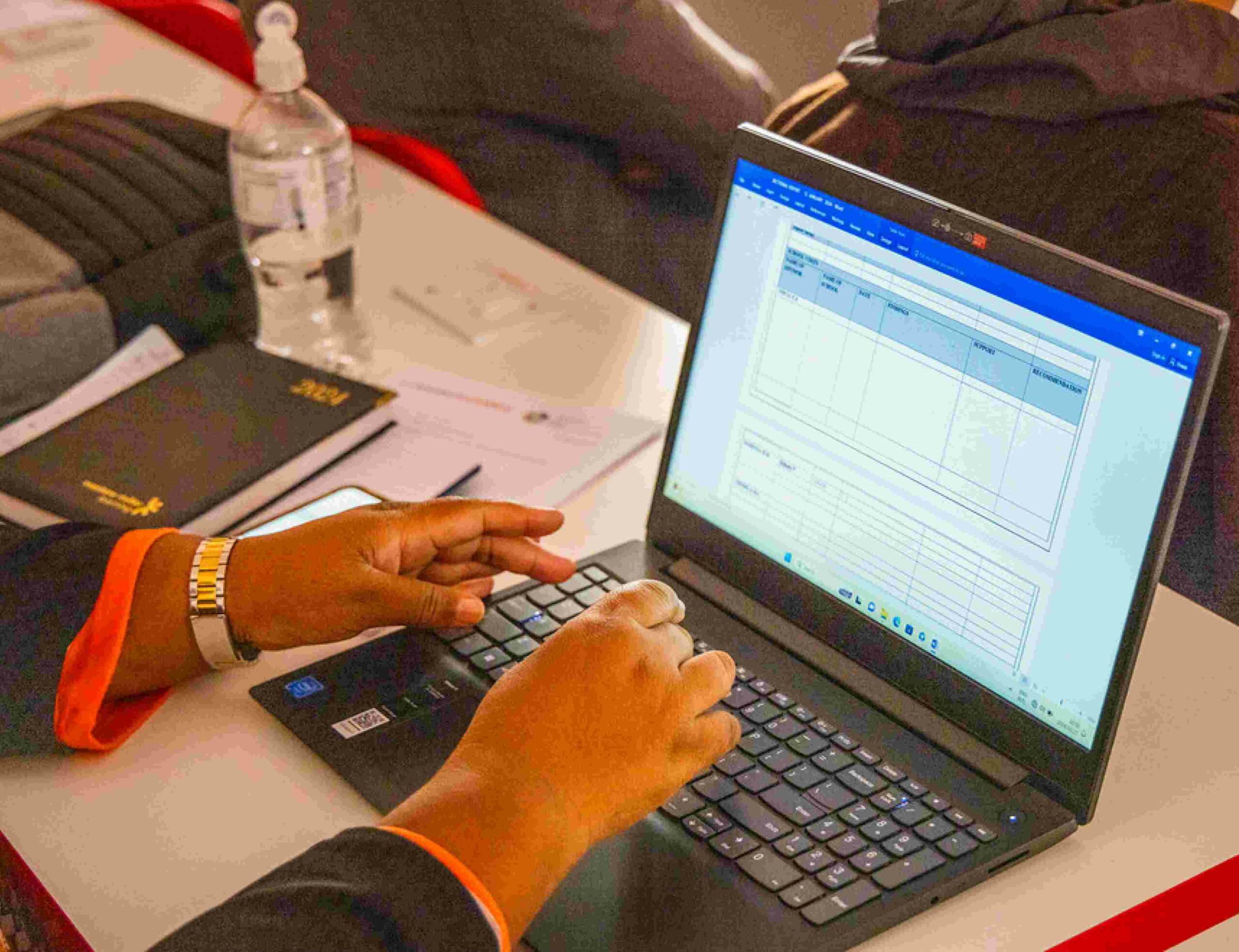International Literacy Day is being celebrated on September 8, to create awareness around the importance of reading in all ages, across the world.

READERS ARE LEADERS: Reading encourages literacy, curiosity and learning. ARCHIVE Image was taken pre-COVID-19 in 2016 at a MRP Foundation Supported School in KwaDukuza, KwaZulu-Natal. Image: MRP Foundation / Pierre Tostee
September 8 is International Literacy Day. UNESCO has been celebrating this important day for the past 40 years, recognising literacy as a basic human right and one of the keys to breaking the cycle of poverty and inequality. Literacy is the ability to to read and write with meaning and is *“a driver for sustainable development in that it enables greater participation in the labour market; improved child and family health and nutrition; reduces poverty and expands life opportunities.” Although there are now just over 4 billion literate people in the world, literacy for all (children, youth and adults), is still an unaccomplished goal and an ever-moving target.
We as a foundation are pleased to be making a difference through our Schools Programme, that focuses on capacitating school management and educators so they can provide learners with quality education. Quality education is the UN’s 4th Sustainable Development Goal and includes literacy and we’re proud to share the programme is active in 98 schools across the country, impacting over 64,000 learners every day.
As the foundation of all learning, the literacy journey starts at home, long before children actually start going to school. Here are a few tips on how to encourage young children and learners to read at home:
-
South Africans have a strong culture of oral story-telling. Start telling stories to babies and toddlers as they intuitively listen to the voices of their parents/care-givers. Create awareness by being descriptive of surroundings, including colours, sounds and shapes.
-
Read aloud to your little ones for a few minutes each day, letting them see and feel books, thus developing familiarity with books.
-
Nursery rhymes and songs with short, easy words help children learn words through repetition. Playing through songs and rhymes enhances vocabulary.
-
Encourage reading as a ‘relaxation’ activity to wind down from a busy, active day. Keep books within reach of your child and try and read together. As they grow older, encourage them to read aloud to you. This will help build their confidence.
-
If possible, become members of the local library. This exposes children to a world of reading and makes it more affordable, as books can be expensive to buy.
-
Allow your child to listen to audio stories, especially on the radio such as SAFM which features NaliBali, a local organisation that offers free reading resources to help build children’s imagination.
Celebrate this International Literacy Day by reading aloud to your child and letting them read to you!
*https://en.unesco.org/themes/literacy




